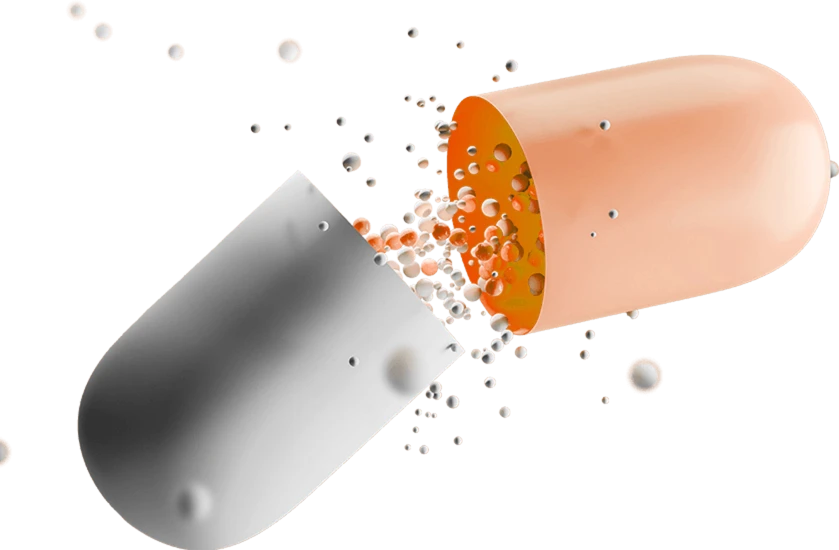- Afrikaans
- Albanian
- Amharic
- Arabic
- Armenian
- Azerbaijani
- Basque
- Belarusian
- Bengali
- Bosnian
- Bulgarian
- Catalan
- Cebuano
- Corsican
- Croatian
- Czech
- Danish
- Dutch
- English
- Esperanto
- Estonian
- Finnish
- French
- Frisian
- Galician
- Georgian
- German
- Greek
- Gujarati
- Haitian Creole
- hausa
- hawaiian
- Hebrew
- Hindi
- Miao
- Hungarian
- Icelandic
- igbo
- Indonesian
- irish
- Italian
- Japanese
- Javanese
- Kannada
- kazakh
- Khmer
- Rwandese
- Korean
- Kurdish
- Kyrgyz
- Lao
- Latin
- Latvian
- Lithuanian
- Luxembourgish
- Macedonian
- Malgashi
- Malay
- Malayalam
- Maltese
- Maori
- Marathi
- Mongolian
- Myanmar
- Nepali
- Norwegian
- Norwegian
- Occitan
- Pashto
- Persian
- Polish
- Portuguese
- Punjabi
- Romanian
- Russian
- Samoan
- Scottish Gaelic
- Serbian
- Sesotho
- Shona
- Sindhi
- Sinhala
- Slovak
- Slovenian
- Somali
- Spanish
- Sundanese
- Swahili
- Swedish
- Tagalog
- Tajik
- Tamil
- Tatar
- Telugu
- Thai
- Turkish
- Turkmen
- Ukrainian
- Urdu
- Uighur
- Uzbek
- Vietnamese
- Welsh
- Bantu
- Yiddish
- Yoruba
- Zulu
10 月 . 20, 2024 03:51 Back to list
ivermectin injectable for swine
Ivermectin Injectable for Swine An Overview
Ivermectin is a widely used antiparasitic medication that has been recognized for its effectiveness against a variety of parasites affecting livestock, particularly swine. As an injectable formulation, ivermectin offers significant benefits in the management of parasitic infections in pigs, contributing to healthier animals and improved productivity in the swine industry.
Pharmacology of Ivermectin
Ivermectin belongs to a class of drugs known as macrocyclic lactones, which target invertebrate neuromuscular systems. It works by binding to specific channels in the nerve and muscle cells of parasites, leading to paralysis and death of the organism. Its broad spectrum of activity includes various strains of internal and external parasites, including gastrointestinal roundworms, lungworms, pig lice, and mange mites.
The injectable formulation ensures rapid absorption and distribution within the animal’s system, providing quick therapeutic effects. This is crucial in livestock management, where time is often of the essence in treating outbreaks of parasitic infections.
Efficacy in Swine
The efficacy of ivermectin injectable formulations against common swine parasites is well documented. Studies have shown that administration can significantly reduce worm burdens in infected pigs, leading to improved weight gain and feed efficiency. Additionally, its effectiveness in managing ectoparasites such as ticks and lice helps in reducing stress on the animals, thereby enhancing overall welfare.
For example, using ivermectin to manage infestations of Sarcoptes scabiei, the mite responsible for sarcoptic mange, has proven effective. Infestations of these ectoparasites can lead to skin irritation, hair loss, and secondary infections, all of which can adversely impact the health and growth of pigs. The timely use of ivermectin prevents these issues, facilitating a healthier and more productive herd.
Administration and Dosage
Ivermectin is generally administered via intramuscular or subcutaneous injection
. The dosage depends on the specific parasite being targeted, the age and weight of the pig, and the overall health status of the animal. Typically, a dose of 200 micrograms per kilogram of body weight is effective for many common parasites.ivermectin injectable for swine

Veterinarians emphasize the importance of adhering to recommended dosages to avoid underdosing, which can lead to ineffective treatment or overdosing, which could result in toxicity. Therefore, it is essential for livestock producers to work closely with veterinary professionals when administering ivermectin.
Safety and Residue Management
One of the significant advantages of ivermectin is its relatively high safety margin. When used according to veterinary guidelines, it is considered safe for pigs and poses minimal risks of adverse reactions. However, like with any medication, monitoring for potential side effects is crucial.
Residue management is an essential aspect of administering ivermectin in swine. Farmers must be cautious about the withdrawal periods, which are the times that must elapse between the last treatment and slaughter. Adhering to these guidelines helps ensure that meat and by-products are safe for human consumption. Regulatory bodies set strict guidelines concerning these withdrawal times to maintain food safety and consumer health.
Role in Integrated Parasite Management
In the realm of modern livestock management, ivermectin is not used in isolation. It is most effective when integrated into a comprehensive parasite management program. This approach may include regular monitoring for parasite burdens, maintaining good husbandry practices, and rotating deworming medications to prevent resistance.
Before using ivermectin or any antiparasitic treatment, producers should conduct fecal tests to determine the specific parasites present in their herd. This helps to ensure that the treatment used is effective against the specific parasites affecting the pigs.
Conclusion
The injectable formulation of ivermectin is a vital tool for managing parasite infestations in swine production. Its efficacy, safety, and relatively simple administration make it an essential part of modern veterinary practices. As the swine industry continues to evolve, leveraging effective parasite control measures is fundamental in promoting animal health, welfare, and productivity, ultimately supporting the sustainability of livestock farming.
-
The Power of Radix Isatidis Extract for Your Health and Wellness
NewsOct.29,2024
-
Neomycin Sulfate Soluble Powder: A Versatile Solution for Pet Health
NewsOct.29,2024
-
Lincomycin Hydrochloride Soluble Powder – The Essential Solution
NewsOct.29,2024
-
Garamycin Gentamicin Sulfate for Effective Infection Control
NewsOct.29,2024
-
Doxycycline Hyclate Soluble Powder: Your Antibiotic Needs
NewsOct.29,2024
-
Tilmicosin Premix: The Ultimate Solution for Poultry Health
NewsOct.29,2024













